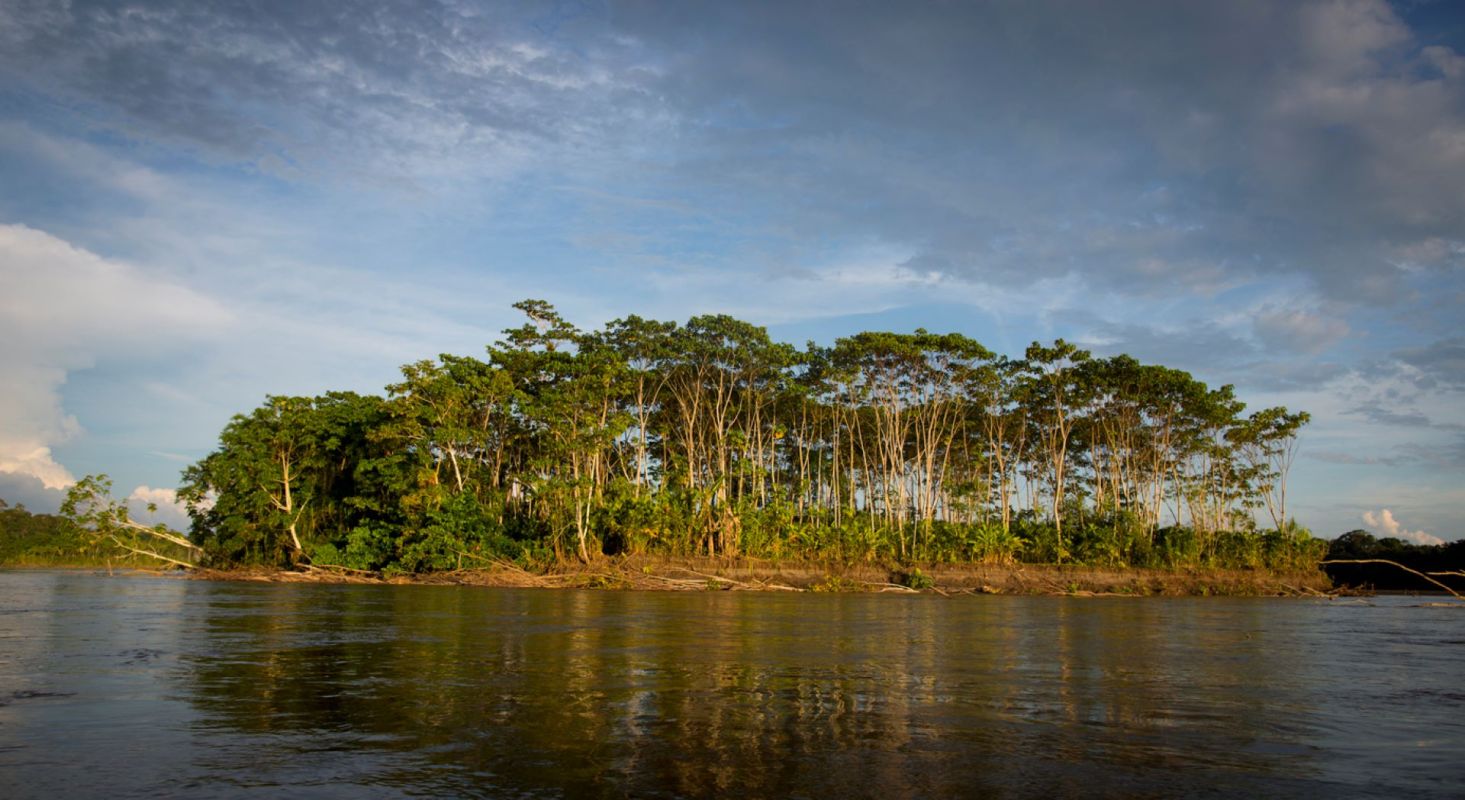Rising sea levels, coupled with other man-made actions, are wreaking havoc on the islands of Brazil's Bailique Archipelago, Mongabay reported.
What's happening?
The Bailique Archipelago sits at the crossroads of the Amazon River and the Atlantic Ocean, and saltwater intrusion — when salty seawater pushes upstream into freshwater — is a natural phenomenon.
However, rising sea levels and human actions like damming are causing water cycle changes, and brackish water is overtaking the river and inundating communities for longer periods.
Why are these changes concerning?
More frequent saltwater intrusion is making it harder for residents to gather potable water for their drinking and cooking needs, and many have turned to catching rainwater.
It's also making the archipelago's main economic crop, açaí berries, salty in flavor. Meanwhile, erosion caused by changes to the Amazon's flow is destroying palm trees.
While thousands of people have already fled the region, others, like boat pilot Aurélio Marques, struggle to adapt, according to Mongabay.
"It seems that nature is revolting, angry with us," Marques told the publication. "I've been reading nature since I was a child, but I am no longer able to decipher it."
As our planet continues to warm, the Amazon isn't the only place susceptible to brackish water overtaking rivers. In October, saltwater intrusion exacerbated by drought threatened drinking water availability for about a million New Orleans residents.
Plus, a plethora of other human-induced problems are threatening rivers worldwide. Last year, a portion of another Brazilian river, the 684-mile long Tietê, turned into a toxic foam due to phosphate and phosphorus residues from household detergents entering the waterway. The foam was dangerous to humans and killed off fish, birds, and other wildlife.
What's being done about the salinization of the river?
The Amapá Water and Sewage Company, which is responsible for Bailique's water supply, began desalinizing water in the archipelago's main community of Vila Progresso in 2023. However, the machines didn't work properly due to the level of salinity and sediments in the water. New plants are expected to pop up by the end of 2024.
Meanwhile, Macapá City Hall (Bailique belongs to the Macapá municipality) sent boatloads of bottled water to archipelago residents, but some families received only a six-pack of 1.5-liter bottles after the boats hauling them were stranded on riverbanks because of the ongoing drought.
Local experts are also awaiting news on federal funding to carry out a continued measurement of Bailique's salinization and erosion. The funds were promised in July 2023, but they have not yet received a response on when they will be delivered.
Join our free newsletter for cool news and cool tips that make it easy to help yourself while helping the planet.









